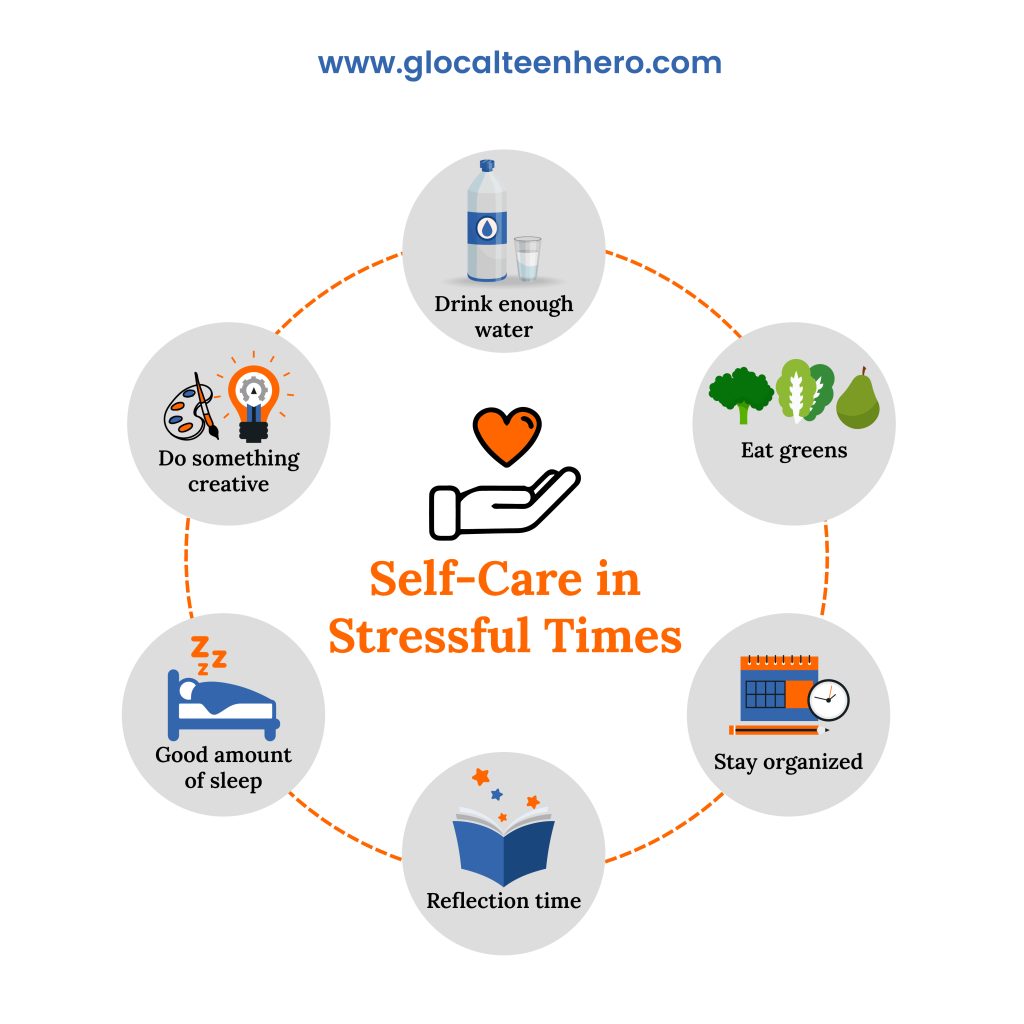Failures are inevitable in life, but what matters most is how we respond to them, yes! that defines success and growth. Failures and setbacks can feel overwhelming and often shake our confidence, affecting our workflow and direction. However, bouncing back from failures depends upon how you take those setbacks, it’s about cultivating inner strength, learning from mistakes, and converting adversity into opportunity. From businessmen to even small aspired, all have to face setbacks, success takes time, hardship, inner strength resilience, and courage.
Famous American businessman Bill Gates founded Traf-O-Data in the early 1970s, but it never took off; it completely failed in the market. Similarly, it happened at the release time of Windows 1, but Gates took it as a learning opportunity and showed grit, determination, and hard work. Today, they have become leaders in the tech industry.
Every person has to encounter failures at some time. While failures make you feel sad, failures also allow you to learn, grow, and become self-resilient. So how can you bounce back from the failures and turn these into opportunities for growth? Here are some key points that will help you restart, rebuild, and make a stronger comeback:
Treat failures as a learning opportunity
The first step to bounce back from failures to resilience is changing a mindset. Takes failures as learning opportunities instead of taking them as the end of the journey. Everybody makes mistakes and, in every mistake, you make there must be a learning lesson so do learn from mistakes and try to avoid the same mistakes you have made earlier. Reflect on your experience and try to find out where you lacked it, try improving on that whether it’s skills or anything just improve it for next time and bounce back.
Develop a growth mindset
As mentioned above, changing mindset is crucial. Developing a growth mindset means believing in your capabilities, trying to skill yourself, taking honest feedback from the mentor, and working on where you could improve.
Practice self-compassion
Failures and criticism are similarly proportionate to each other. Often failures bring criticism, so being harsh on yourself can put you in the wrong mental state, At that time you have to think you, don’t care about what people say. In this hard time listen to your heart and try to understand your feelings but don’t think too much negatively. Avoid harsh self-judgment and be realistic, try to talk to your close friends about that or the same kind of situation this will give you peace in your mental state.
Set realistic goals and take small steps
Bouncing back from failures doesn’t mean directly jumping towards the deep end. Most of the time the best way to gain confidence is by setting small achievable targets. It boosts your confidence and makes your inner strength even stronger. Make yourself happy after achieving small targets.
Cultivate resilience
Resilience is the ability to adapt to this fast-changing competitive environment. These critical skills are necessary to overcome challenges and failures. To build resilience, try to learn problem-solving skills that you can use whenever the situation is adverse. Having a good mentor, partnerships, and collaboration have always proved to be good supporters at difficult times.
Failures are not the end but this is an opportunity to build inner strength, learn valuable lessons, and walk ahead with a renewed sense of purpose. By accepting failures, practicing self-compassion, developing a growth mindset, and continuously working hard for your self-resilience, you can convert the setbacks into bounce back. Never be afraid of facing failures in life but treat them as learning opportunities and believe in yourself and your hard work.


